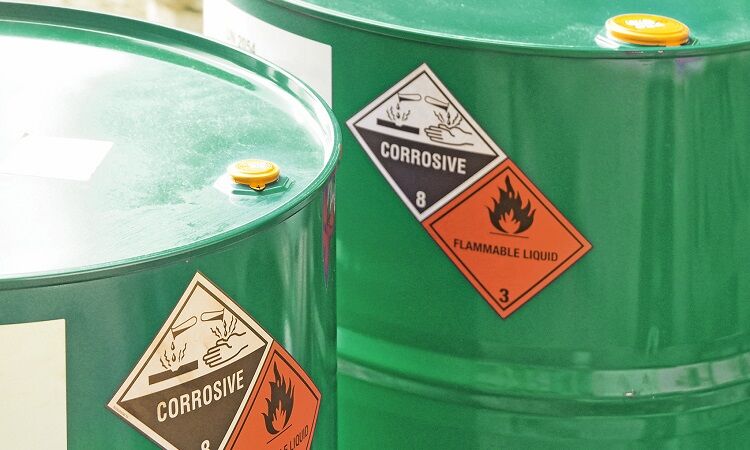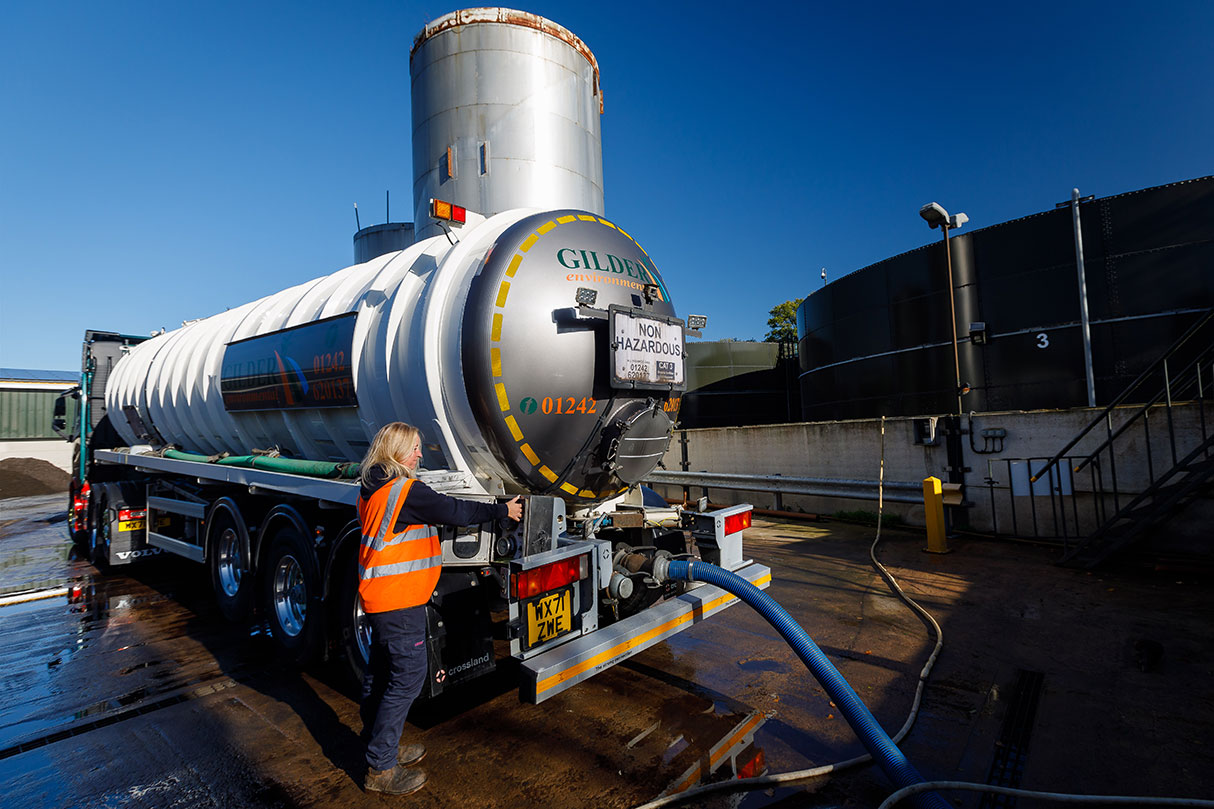Recognizing the Comprehensive Process of Liquid Waste Disposal: Ideal Practices and Environmental Impact Considerations
The management of fluid waste disposal is a complex issue that requires a thorough understanding of various best methods and their associated environmental impacts. From the types of liquid waste produced to the techniques utilized for collection, therapy, and final disposal, each step plays an important duty in guarding environments and public health and wellness.
Kinds Of Fluid Waste
Recognizing the different sorts of liquid waste is vital for effective management and disposal methods. Fluid waste can be generally classified into several kinds, each calling for unique handling and therapy techniques.
Industrial liquid waste commonly contains unsafe materials, consisting of hefty metals, solvents, and chemicals, created during making processes. These wastes demand strict governing conformity to shield human health and wellness and the atmosphere. Domestic liquid waste largely refers to wastewater created from homes, consisting of sewage and greywater, which, although much less harmful, can still pose considerable dangers if poorly handled.
Agricultural fluid waste, including drainage from ranches, often includes fertilizers and chemicals that can lead to environmental degradation if not treated effectively. Clinical liquid waste, generated from medical care centers, consists of infected fluids such as bodily liquids and chemicals, calling for specialized disposal methods to avoid infection and environmental contamination.
Last but not least, oil and grease waste, commonly generated by restaurants and automobile sectors, can trigger extreme blockages in sewer systems if not taken care of effectively. Comprehending these classifications helps with targeted strategies for treatment, compliance with regulations, and reliable disposal methods, inevitably promoting ecological sustainability and public wellness safety.

Collection Methods
Reliable collection approaches are critical for the appropriate administration of liquid waste, guaranteeing that it is collected securely and efficiently prior to therapy or disposal. Different techniques are utilized depending on the kind of fluid waste produced, the quantity, and the certain qualities of the waste.
One usual method is using specialized collection containers or sumps, which are designed to record liquid waste at the resource. These systems commonly integrate pumps that facilitate the transfer of waste to larger storage containers or treatment facilities. Additionally, mobile collection systems geared up with vacuum cleaner innovation are used in circumstances where waste is produced periodically or in hard-to-reach areas.
For commercial settings, closed-loop systems can properly minimize spills and leaks, enabling the recuperation and reuse of fluid waste. It is also vital to educate personnel on appropriate collection protocols to minimize dangers linked with harmful materials.
Moreover, executing routine maintenance schedules for collection tools ensures optimal efficiency and safety. The assimilation of sophisticated surveillance systems can improve collection effectiveness by offering real-time data on waste degrees and potential threats. In general, efficient collection methods are foundational to lasting fluid waste management practices.
Therapy Procedures
Therapy processes play a vital duty in the management of liquid waste, changing potentially hazardous materials into recyclable resources or risk-free effluents - liquid waste disposal. These procedures can be broadly classified into physical, chemical, and biological approaches, each tailored to resolve particular pollutants existing in the waste stream
Physical therapy approaches, such as sedimentation and filtering, job by removing suspended solids and particulate issue. These methods are usually the very first step in the therapy chain, efficiently reducing the load on subsequent procedures. Chemical therapies entail the use of reagents to reduce the effects of hazardous substances, speed up heavy steels, or oxidize natural pollutants, consequently improving the safety of the effluent.
Biological therapy processes, including turned on sludge systems and anaerobic food digestion, profit from the natural capacities of microorganisms to degrade raw material. These approaches are specifically efficient for wastewater containing eco-friendly contaminants. Advanced treatment innovations, such as membrane filtering and advanced oxidation procedures, are increasingly used to achieve higher degrees of filtration.
Integrating a combination of these treatment approaches not just makes sure compliance with regulative requirements yet additionally promotes ecological sustainability by recovering important resources from liquid waste.
Disposal Options
Exactly how can organizations make certain the secure and responsible disposal of liquid waste? Effective disposal choices are crucial for securing public health and wellness and the environment. The key approaches consist of land incineration, therapy, and disposal complied with by discharge right into metropolitan wastewater systems.
Land disposal entails the cautious containment of liquid waste in assigned landfills, making certain that it does not seep right into bordering soil or water. Incineration, on the various other hand, topics liquid waste to heats, transforming it into ash and gases, which page call for appropriate filtering to reduce discharges. This approach is ideal for unsafe wastes that can not be dealt with through conventional methods.
In instances where fluid waste can be dealt with, companies might opt for chemical or biological treatment processes to reduce the effects of damaging components before releasing the treated effluent right into community systems. This path commonly straightens with governing needs, ensuring that the effluent fulfills safety standards.
Inevitably, companies have to perform detailed analyses of each disposal choice to determine its stability, considering aspects such as waste composition, governing compliance, and prospective threats to health and the atmosphere. By selecting suitable disposal methods, services can add to a liable waste management method.
Ecological Effect
The environmental effect of liquid waste disposal is a vital factor to consider for companies looking for to decrease their eco-friendly footprint. Inappropriate disposal approaches can bring about considerable contamination of water sources, soil destruction, and negative effects on regional ecosystems. For example, unsafe liquids can leach into groundwater, posing threats to drinking water products and marine life. In addition, the discharge of unattended or improperly treated waste right into surface waters can cause eutrophication, resulting in oxygen depletion and the subsequent death of fish and other microorganisms.

To alleviate these effects, companies have to adopt finest methods such as carrying out extensive waste therapy processes, promoting recycling and reuse, and sticking to regulative criteria. By taking an aggressive strategy to liquid waste management, entities can dramatically reduce their ecological footprint while sustaining lasting advancement goals. Inevitably, a detailed understanding of the ecological influences connected with fluid waste disposal is essential for notified decision-making find more info and liable stewardship of all-natural resources.
Final Thought
Effective administration of liquid waste is essential for guarding environmental stability and look at this site public wellness. Inevitably, a thorough understanding of fluid waste disposal not just mitigates environmental influences however additionally cultivates a commitment to accountable resource management and environmental stewardship.
The administration of fluid waste disposal is a multifaceted issue that calls for a thorough understanding of different best methods and their connected ecological effects. From the types of fluid waste produced to the approaches employed for collection, therapy, and last disposal, each step plays a vital function in securing environments and public health and wellness.The ecological effect of liquid waste disposal is an important consideration for companies seeking to reduce their ecological footprint. Eventually, an extensive understanding of the ecological impacts associated with liquid waste disposal is crucial for notified decision-making and liable stewardship of natural resources.
Eventually, a comprehensive understanding of fluid waste disposal not only reduces ecological influences however likewise promotes a dedication to liable resource management and environmental stewardship.
Comments on “Professional Liquid Waste Removal Melbourne: Fast and Budget Friendly Providers”